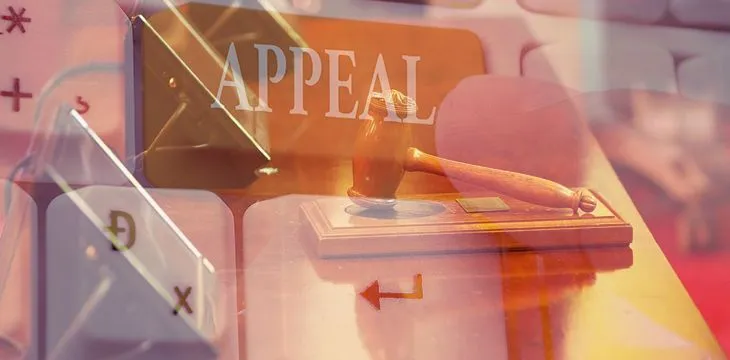|
Getting your Trinity Audio player ready...
|
The U.S. government has said it stands by its evidence against the lawyer involved in the OneCoin digital currency scam, after a motion to quash the conviction was presented to the courts.
Attorney Mark Scott, who denies any involvement in money laundering, was convicted by a jury at trial, on charges of laundering as much as $400 million on behalf of the allegedly fraudulent digital currency scheme.
Scott was said to have personally profited to the tune of $50 million. In a motion submitted to the court in February, Scott argued that there was insufficient evidence presented to the court, and petitioned for his conviction to be quashed.
The U.S. government has already responded robustly to the motion, arguing “it was entirely reasonable for the jury to conclude that the defendant knew that he was dealing with the proceeds of an unlawful activity.”
“Legitimate investment funds whose transactions involve proceeds from lawful activities do not forge documents and create false records on a routine basis.”
The prosecution led evidence from 17 witnesses, including victims of the scheme, government agents, bank employees, and now detained OneCoin mastermind, Konstantin Ignatov.
Scott argued that the testimony of these witnesses was “insufficient to support a conviction,” and asked the court to acquit him of all charges on that basis.
Following his arrest in 2018, Scott was charged with conspiracy to commit bank fraud and conspiracy to commit money laundering, charges he continues to deny despite the guilty verdict.
The prosecution alleged Scott was involved from September 2015 through to 2018 in laundering funds on behalf of the global digital currency scheme, reportedly appointed by OneCoin chief Ruja Ignatova. Ignatova disappeared in 2017, and her whereabouts still remain unknown.
Scott was alleged to have been involved in setting up investment funds to process money from OneCoin, moving funds through various accounts and jurisdictions in order to launder what the prosecution alleges are the proceeds of fraud.
The court will now consider Scott’s appeal, as well as the U.S. government’s arguments in support of the evidence, before reaching its conclusion.

 07-04-2025
07-04-2025 





